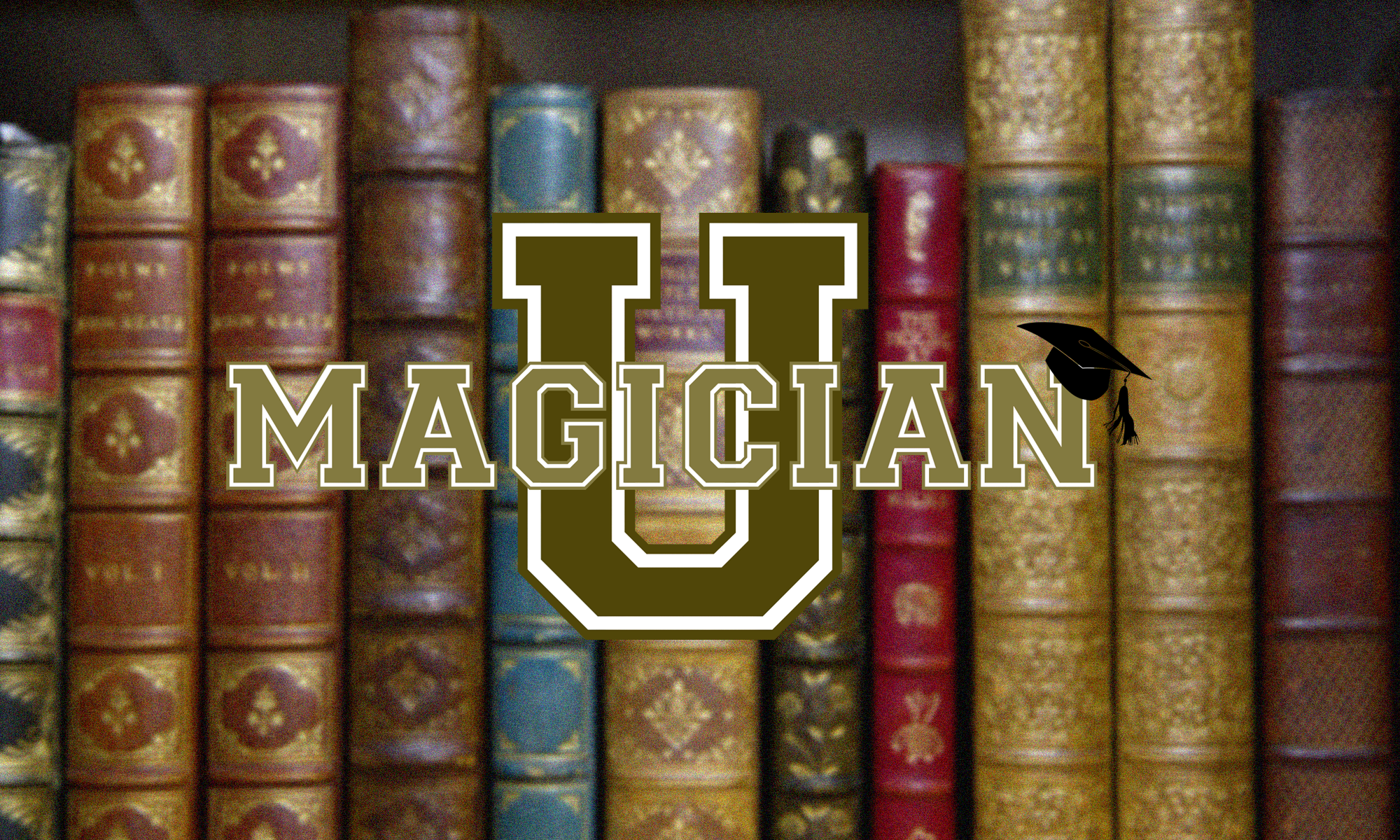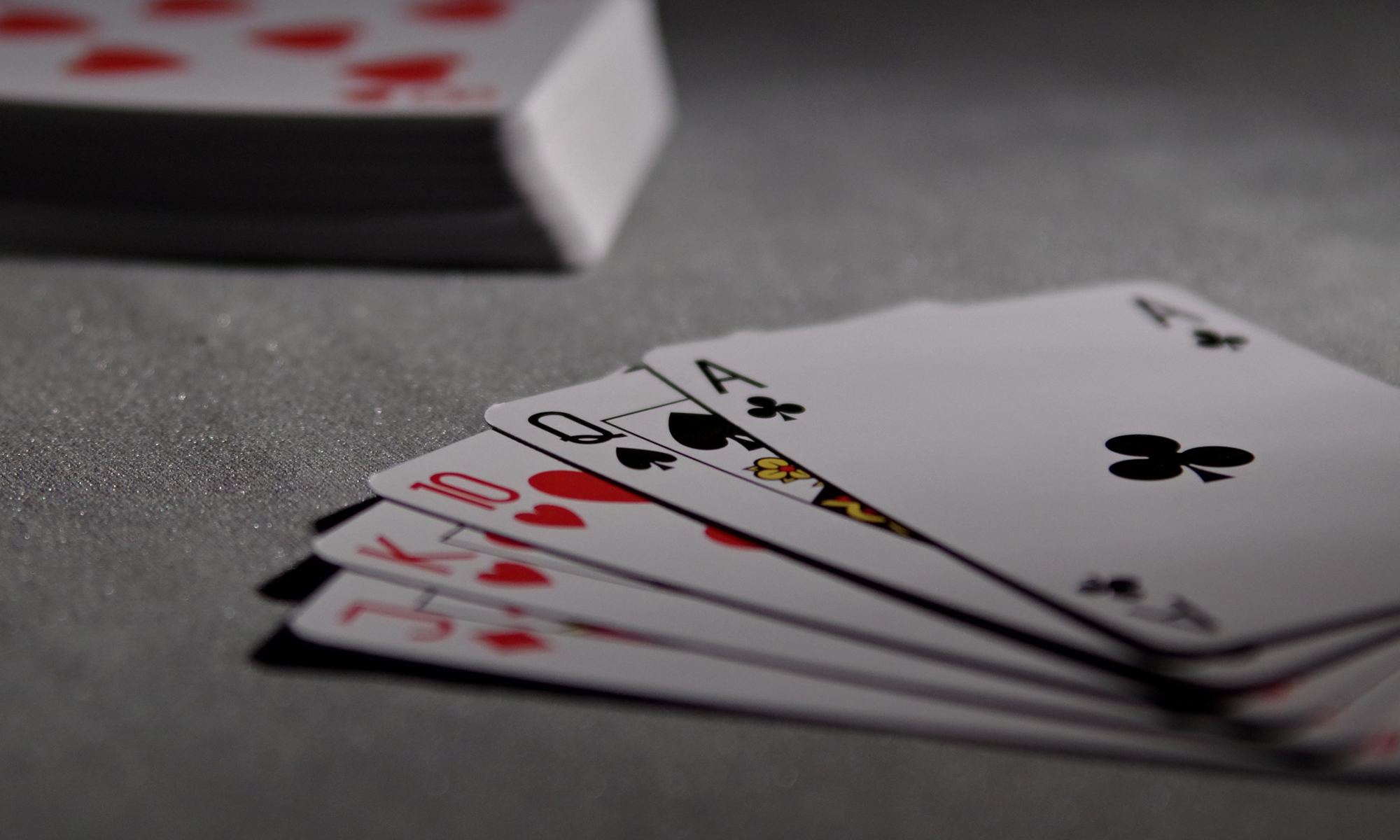“Practice makes permanent—not perfect”—Warren Buffett
My Father always said every great magician begins and ends their career with a deck of cards. I believe this to be true. Cards are such a great place for magicians to begin as they are readily available and common place to our spectators. They can be used for both stage and close up and the cost is minimal. Recently Ryan W. wrote and said; I am more of a card magician than anything else. My question is what kind of tips could you give to me for practising card magic, like the sleights and the routines in general? Could you also pass this question on to Lance Burton, if possible?
Well, I sent an email off to Lance Burton and he was kind enough to reply the very next day. Lance, the star of his own show In the Monte Carlo hotel in Las Vegas is one of my all time favourite magicians. (It should be noted that Lance replied during his negotiations to end his show at the Monte Carlo. I am sure he had more pressing things on his mind and yet found the time to reply. Another rexample why he is such amazing person, on and off stage) His reply was; Most of my experience with card magic is in stage manipulation, ala Cardini, Channing Pollock, Neil Foster, etc. This type of magic is much easier to learn now than it was when I was your age due to the instructional DVDs that are available. Jeff McBride has a fantastic series of DVDs on card manipulation.
As you are working on your routine, dont be afraid to experiment and try out new ideas. As you are rehearsing try to run your routine from top to bottom with out stopping. A video camera set up from different viewing angles will help you to evaluate your technique and routine. Of course, when I started out we didn’t have camcorders. I set up multiple mirrors to check my angles.
Most important of all, listen to your audience. They will tell you by their reaction how you are doing. A good rule of thumb is this; keep it short. Dont go on too long with fancy fans or hand washing. As my first Mentor, Harry Collins, used to tell me, Do it. Prove you can do it. Then do something else. I dont think I can improve on Harrys advice.
Not wanting to just cover stage card manipulation I sent Ryan’s question to Helder Guimarães, the 2006 FISM World Champion of Card Magic. Helder is also an outstanding magician and entertainer and his advice is also stellar.
Helder is from Portugal and English is not his first language, yet the following reply is almost non-edited and is so well written.
My main advice in these days is always to read. People have lost the courage to read and to learn from books, but in my opinion they still are the most value tool in the self-learning process. Descriptions in books will give you more precision in your technique and will stimulate your own creativity. Videos are a great help, because you can look and see how things should look (if you see the good videos, of course). But a book forces you to have a mental procedure to reflect the words into movements. That will help the precision of your technique along with your knowledge of its mechanics. My list of books for the start of the card magic enthusiast: The Expert at the Card Table, from S.W. Erdnase; Expert Card Technique, by Hugard and Braue and Card College, by Roberto Giobbi. You’ll find very useful information in these pages and from them you can build a very strong repertoire. Don’t discard this information only because it will take you more time than learning tricks from a video. It will help you deeply in the future, believe me.
In these books, you’ll find references to other books and the discovery journey will take off. My personal experience is to see a lot of young magicians trying to master everything they possibly can, trying to create new moves and be original from the start. I’ve always tried to climb the stairs of magic very slowly because I prefer to be certain that I now something before I take another step. Sometimes, less information well learned is better. Never think in terms of “how much” but in terms of “how well”. Quality in the work takes time. I think that should be the goal of the beginner, quality. Originality will come with time, don’t worry. But when it arrives, if your work is not sustained by it’s own quality, originality will not make anything for you.
My last big advice to a young generation is this: see live performances. YouTube is a very useful tool and it allows you to see a lot of magic (good and terrible) in your own home. But, there is nothing like live shows. So, travel as much as you can to see magicians you want to see. Talk with them, ask them questions and try to learn from live shows as much as you can. I’m fortunate to say that growing up in magic, I’ve seen a lot of full one man shows from great masters like Juan Tamariz and Rene Lavand. What I learned from those experiences is not something I could have learned from any other place. Those were the moments that brought up my desire of being a performer. So, if you feel this, force yourself to test your new tricks in front of an audience. In most cases, their reactions will tell you if you are in the right track. Magic is an art and needs an audience to happen, not only a mirror in your room. Magic is about communication, about sharing moments and ideas. Don’t loose this big part of magic, please.
Just to finish, I’ll also encourage young people to not focus only on technique, because magic is much more. Please, read books in theory and presentation. The Fitzkee Triology, by Dariel Fitzkee, or Strong Magic, by Darwin Ortiz, for example, are great books for any serious magic student. Don’t focus everything in your own hands, magic is much more than that.
Well there you have the opinions of two world champions of magic! Both expressed how important it is for the magic to be put in front of an audience to be tested and to learn from their reactions. I believe my Father was right when he said that magic is entertainment first and foremost. That means you should practice your presentation and not just the tricks. You will be surprised how much you can get away with when the audience likes you. Try not to be someone else in your performance but more of a amplified version of you. More on that some other time … until then keep well, busy and most of all happy.
Suggested material from this article include:
- Showmanship for Magicians – Dariel Fitzkee
- The Trick Brain – Dariel Fitzkee
- Magic by Misdirection – Dariel Fitzkee
- Strong Magic – Darwin Ortiz
- The Expert at the Card Table – S.W. Erdnase

